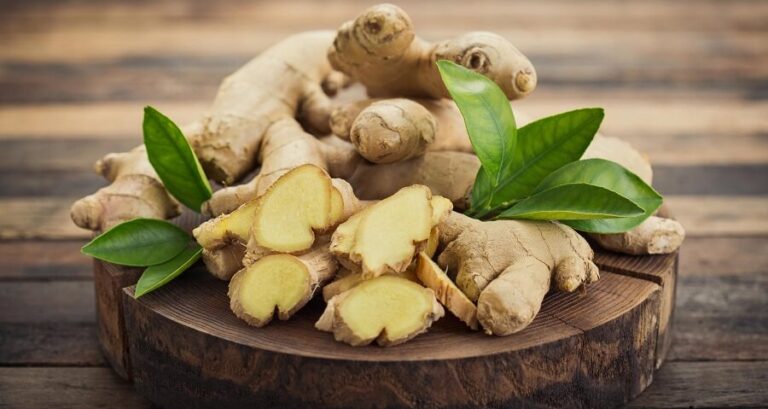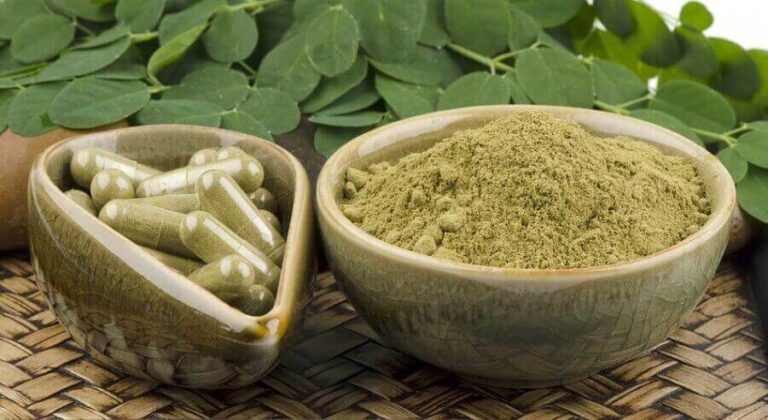Echinacea or echinacea is a genus of herbaceous plants of North American origin. One of its species, Echinacea purpurea, has gained popularity in health stores in recent years.
Traditionally, Native Americans have used it to treat all kinds of diseases. Today, most uses for echinacea are based on its immune properties.
Echinacea is used as a natural cold medicine and to strengthen the defenses. Although it can also be taken to relieve muscle aches, reduce inflammation and relieve anxiety.
This article describes echinacea’s benefits, uses, side effects, and contraindications.
What is echinacea?
Echinacea is the name of a genus of plants in the Asteraceae family. About ten species are known, all native to North America.
Echinacea purpurea, Angustifolia, and pallid are the only ones used as natural supplements.
Echinacea plants reach around one and a half meters in height. Its leaves, flowers, and roots make medicines, extracts, and infusions.
Echinacea benefits and uses
Research has found active compounds in echinacea with several health benefits. (1,2,3,4,5)
In particular, the benefits of echinacea are attributed to its antioxidant molecules. Some are caffeic acid, rosmarinic acid, flavonoids, and polyacetylenes. These compounds are found in higher concentrations in the flowers of the plant. The benefits and uses of echinacea are:
- Strengthen the immune system
Echinacea is one of the best natural supplements to strengthen the immune system. Research has shown that powdered echinacea and tea can reduce the chances of developing a cold by up to and reduce the duration of your symptoms by up to 25%. (1)
- Prevent premature aging
All-natural extracts or foods high in antioxidants can help prevent cell damage over time. The antioxidants in echinacea neutralize free radicals that age and damage the cells of our body. Taking it in supplements or tea daily can help prevent premature aging. (2)
- Can help control blood sugar levels
One of the potential benefits of echinacea is to help control blood sugar levels. While it cannot be seen as a replacement for medications or insulin treatments, alcoholic extracts can be an alternative for those with prediabetes or controlled type 2 diabetics. Research has shown that one of the components of echinacea, nano-EE5, can improve hyperglycemia and prevent insulin resistance. (3)
- Prevent certain types of cancer
Echinacea is a good supplement for those looking for natural treatments to prevent cancer. In animal studies, echinacea significantly lowered the risk of leukemia and extended the life span of leukemic mice. Additionally, some studies suggest that the antioxidant properties of echinacea may slow the spread of skin and breast cancer. (4.5)
- Relieve anxiety symptoms
Echinacea is an excellent natural supplement for those struggling with anxiety. Echinacea extracts help regulate the communication between the body and the brain. While they can’t turn off the causes of anxiety attacks, one of their benefits is limiting the physical effects of your fears and helping you feel calmer. (5)
- Reduce inflammation
Due to its anti-inflammatory properties, echinacea has been suggested as a treatment for diseases related to inflammation: ulcers, Crohn’s disease, osteoarthritis, among others. It has been proven that one of the benefits of the active compounds of echinacea is to keep the inflammatory response low. (6)
- As a skin treatment
Echinacea topicals and creams can be used as a skin treatment. The antibacterial properties of the plant can fight the growth of bacteria that cause acne and other skin conditions. In addition, creams help repair the outer layer of the epidermis in cases of eczema. (8.9)
How to take echinacea? – Dose
There is no official dosage recommendation for echinacea. This is because natural products tend to have different concentrations according to each producer.
Some brands even contain practically no active ingredient, echinacea. To avoid this, always buy echinacea products from reputable brands. In addition, the amount to be used depends on the uses.
As a general rule, it can be said that the dose of echinacea for colds is:
- Powder or capsules: 500 mg of Echinacea purpura, three times a day
- Alcoholic extract: 2.5 ml, three times a day
- Teas: 3 grams per tea, three times a day
- Creams: Apply to damaged skin three times a day
Side effects and contraindications
Echinacea products are considered safe for most of the population in the short term. For a long time, they are still unknown.
Side effects are common to allergies to other flowers, such as daisies, marigolds, ragweed, etc. In these cases, the side effects of echinacea are:
- Skin rash
- Inflammation
- Hives and itching
- Stomach ache
- Sickness
Regarding contraindications, due to its effects on the immune system, immunosuppressed people should always consult before taking echinacea.
The contraindications of echinacea are:
- Flower allergies
- People taking antiviral or retroviral medications
- Multiple sclerosis
- People with frequent asthma attacks
How to make echinacea tea?
Making echinacea tea is pretty simple. Echinacea root, flowers, or leaves can be purchased at almost any pharmacy, health food store, or online. You can even choose to grow echinacea at home and harvest and dry the leaves to make the tea.
To make echinacea tea, you must:
- Place two teaspoons of the leaves or flowers in an empty tea bag or diffuser.
- Dip in eight ounces of 100-degree water and wait for 2-3 minutes
- Add cinnamon, honey, or other combinations according to your preference.
ABSTRACT
Echinacea is a family of herbs of North American origin. Due to its potential properties and benefits, its extracts can be used as an alternative natural treatment to improve the immune system, skin health, inflammation, and anxiety. Also, some studies suggest that it may have anticancer properties.
Echinacea can be taken in powder, tea, or in the form of alcoholic extracts. There are even cream or topical products. The dose varies according to the state and the disease to be treated.







